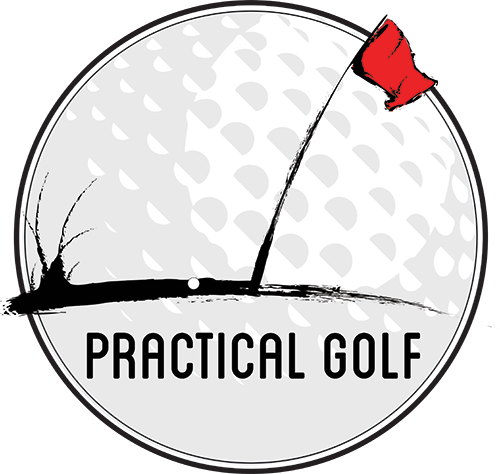Just listened to the podcast and enjoyed it John and Adam. I heard both of you say that it is a blend of both mechanics and skill, which I think, most people would agree with. Here is the point that gets overlooked. Poor mechanics reduces your margin, makes it harder to repeat and requires more skill to perform. In the long term with comparable skill levels, better mechanics will turn in a better performance. IMO
Ripping off Tolstoy – “All happy families (golf swings) are alike, each unhappy family (golf swing) is unhappy in its own way.” John commented on how amateur swings have much more variation compared to the swings on the PGA tour. No surprise. Hitting a ball well with a stick is pretty much understood.
Since we are just finishing up with the World Series, let’s talk about that (sorry Adam). People often point out how widely different MLB hitters look – some have an open stance, some have their hands high wagging the bat around, some are bent over, etc. Watch what happens when the pitcher releases the ball. The open stance strides square to the pitch, the high hands drop to their shoulders, the hips start to open and these hitters now look more alike than not. If you’re going to cover the plate and hit with power, you are going to look like Ruth and Aaron at contact.
An over the top, slicing golf swing is never going to hit the ball as far and straight as a proper golf swing. John Jacobs said that you can play pretty good golf (80’s) with such a swing but not much more than that. My guess is that the podcast listeners and forum members want to be better than pretty good which means they intend to fix these swing faults. Myself, I’m trying to fix my early extension/ early release.
Mike

